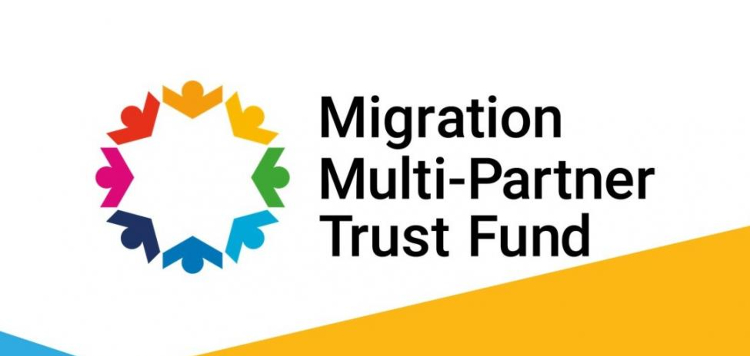Guinea eases cross-border trade

As part of the United Nations Multi-Partner Migration Trust Fund (MPTF), the International Trade Centre (ITC) inaugurated in May the very first Trade Information and Border Assistance Office in Guéckédou, Guinea at the border with Sierra Leone and Liberia.
The office responds to the concerns of the border community on border formalities: a support direly needed due to language barriers and the lack of knowledge and skills required for the documents to be submitted to border officials.
The ITC-trained officers will assist small-scale traders, in particular women and youth, to manage cross-border trade operations across Guinea, Sierra Leone, and Liberia, and will facilitate compliance with applicable rules and regulations.
The inaugural ceremony gathered more than 200 guests from the region and neighbouring countries including representatives of local authorities and the government, representatives of development partners as well as the private sector and traders.
At the ceremony, Colonel Moussa Condé, the town’s Prefect, said: “I sincerely thank the International Trade Centre for its unwavering support to micro, small and medium-sized enterprises and for its contribution to Guinea’s economic development.
“We commend ITC’s leadership in building cross-border, social cohesion and recognize the crucial role this Office will play to formalize trade flows around the Makona River and to empower small-scale traders and especially women traders.”
National MPTF Consultant Marliatou Diallo explained: “The Trade Information and Border Assistance Office is part of a set of activities that aims to maintain cross-border social cohesion, through the development of local products; improve access to local and regional markets; contribute to the diversification of livelihoods for border communities; and build the capacity of cross-border trade monitoring agencies.”
Timothée Bruneteau, Associate Trade Facilitation Programme Officer at ITC added: “This new service will provide traders engaged in the informal economy the necessary push to progressively formalize their activities, improve their commercial security and thus contribute to building a more conducive business environment through trade facilitation and voluntary compliance with the rule of law.”
African Press Organization

